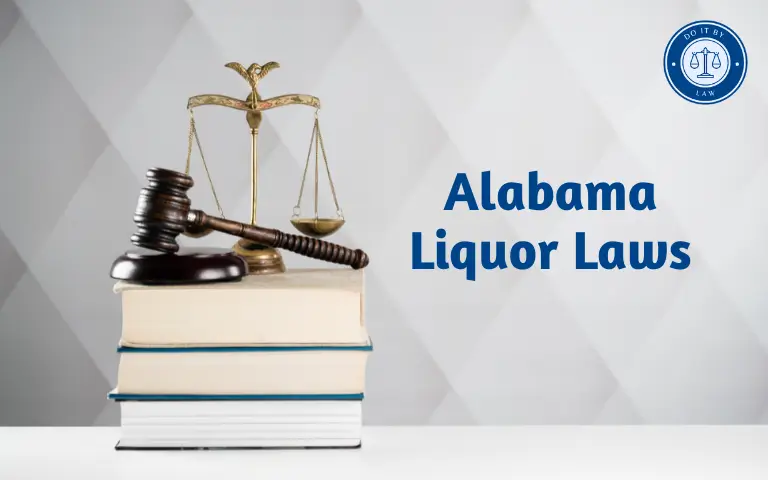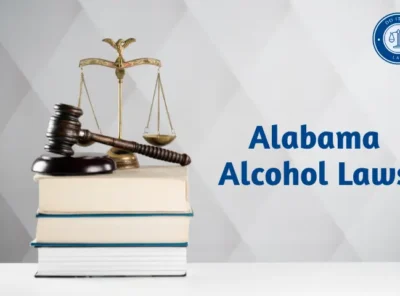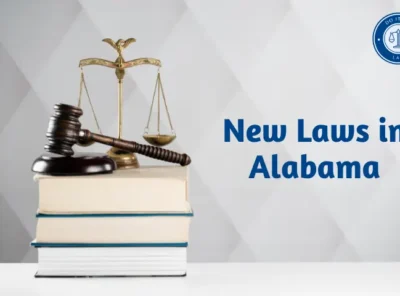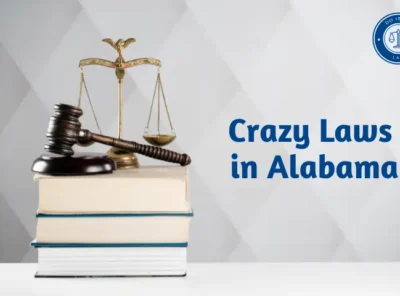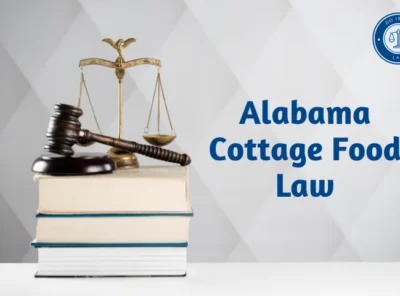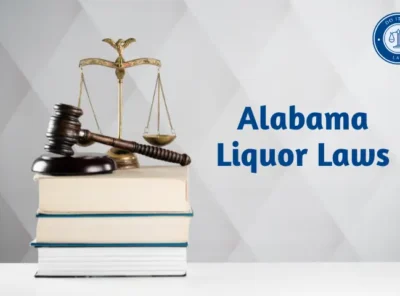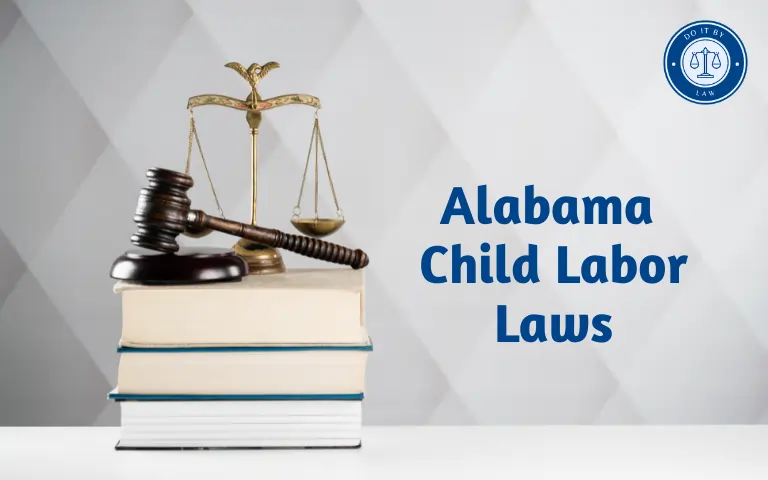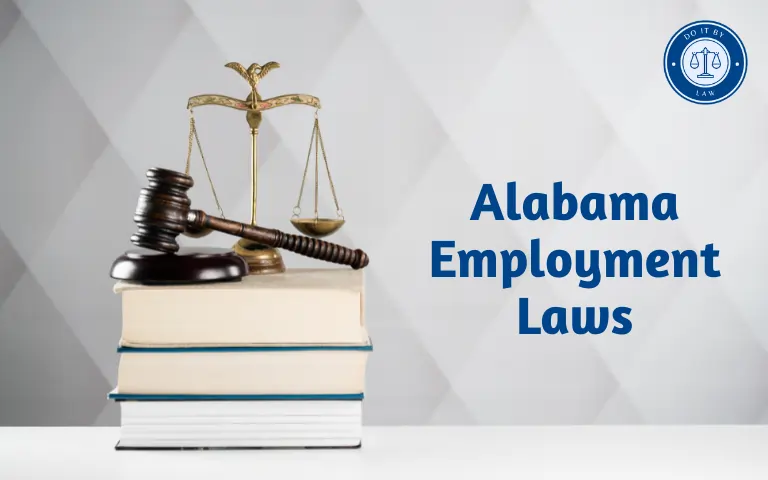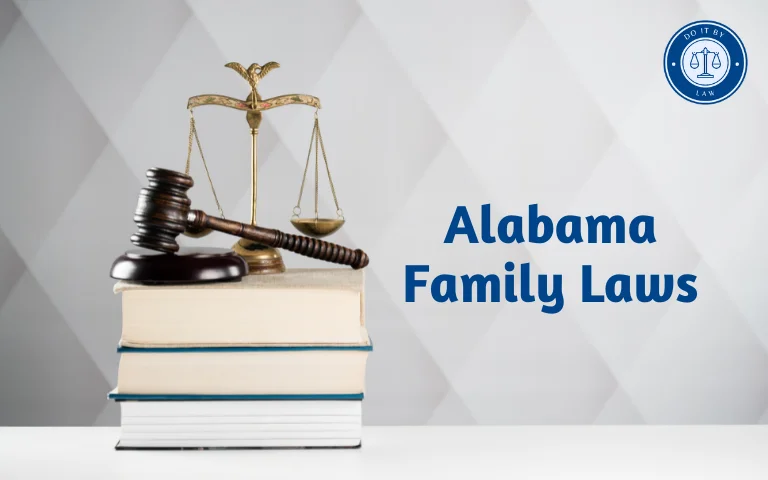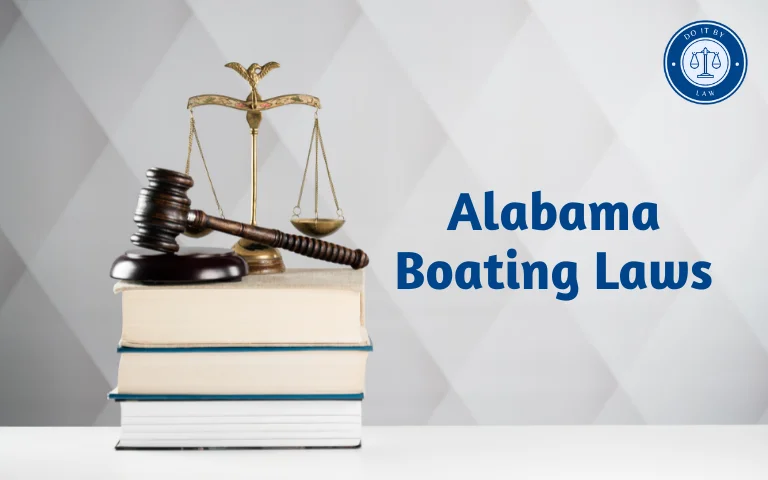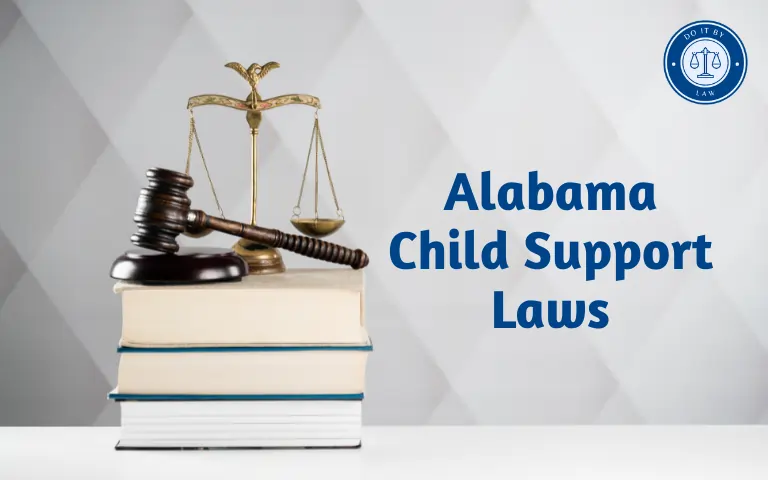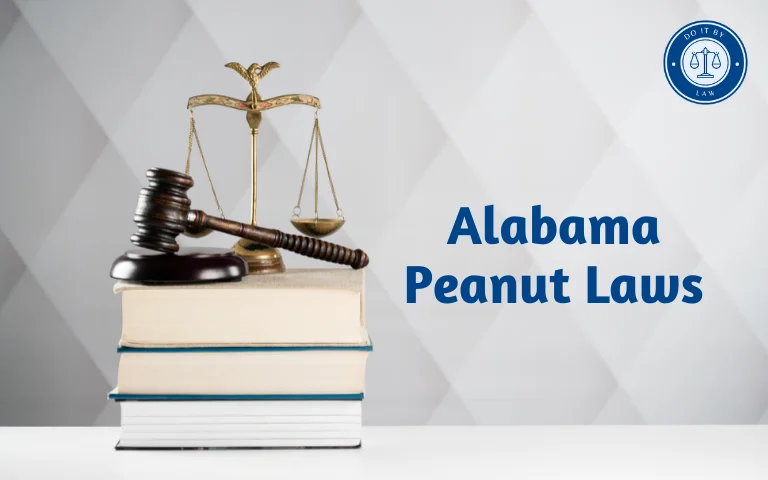Alabama Liquor Laws: What You Need to Know
Alabama has complex and nuanced liquor laws that regulate the sale, purchase, possession, and consumption of alcoholic beverages in the state. This overview summarizes key aspects of Alabama liquor laws and how they impact residents and visitors.
When Alabama Liquor Laws Were Enacted and Why They Exist
Alabama first began passing laws to restrict and regulate liquor in 1907 at the start of statewide prohibition. Additional liquor control laws were added after the repeal of national prohibition in 1933. The regulatory framework continued evolving over many decades.
Reasons these liquor laws exist include:
- Generating tax revenue from alcohol sales for the state.
- Attempting to limit problematic drinking and reduce liquor-related crime.
- Placating political interests and public health lobbying groups.
- Controlling business interests involved in alcohol production and sales.
Today, Alabama liquor laws provide guidelines on licensing, sales, purchasing, possession, drunk driving, and other aspects of alcohol regulation.
Who Alabama Liquor Laws Apply To
Alabama liquor laws apply to:
- Residents of Alabama
- Visitors and tourists in the state
- Businesses selling or serving alcohol in Alabama
- Alcohol beverage manufacturers and distributors
- Law enforcement and regulatory agencies enforcing alcohol laws
Any person or business involved in the production, sale, serving, or consumption of alcoholic beverages in Alabama must comply with state liquor laws and regulations. Ignorance of the law is not considered a valid legal defense.
Key Provisions and Restrictions of Alabama Liquor Laws
Some of the key provisions and restrictions imposed by Alabama liquor legislation include:
- Alcohol can only be sold by properly licensed and regulated businesses.
- Liquor stores cannot sell beverages with certain alcohol content on Sundays.
- Packaged liquor can only be sold at Alabama ABC liquor stores.
- Beer and wine are available in grocery stores, gas stations, etc. but regulated.
- Alcohol cannot be sold to persons under age 21 or intoxicated persons.
- Open container laws prohibit drinking alcohol in public spaces, and vehicles.
- Driving under the influence has strict penalties including license suspension.
- Homebrewing laws limit the production and customs regulations of personal alcohol.
- Municipalities and counties can have additional local liquor ordinances.
Penalties for Violating Alabama Liquor Laws
Penalties for violating Alabama alcohol statutes vary based on the type of infraction but can include:
- Fines up to several thousand dollars per offense.
- Suspension or revocation of liquor licenses for businesses.
- Suspension or loss of driver’s license for DUI convictions.
- Up to 1 year in jail for some alcohol-related misdemeanors.
- Felony charges for crimes like supplying minors or bootlegging.
Alabama takes liquor regulation seriously. Even first-time offenders often face stiff fines or other consequences.
Recent Changes and Proposed Updates to Alabama Liquor Laws
Recent years have seen efforts to modernize and update Alabama liquor laws, including:
- Allowing the sale of draft beer in growlers.
- Loosening restrictions on brewpubs and taprooms.
- Permitting wine shipments directly to consumers.
- Expanding Sunday sales of high-gravity beers.
- Legalizing homebrewing up to certain volumes.
Additional reform bills around issues like alcohol delivery, festival licenses, and liquor store operations have been proposed but not yet passed into law.
Controversies and Debates Related to Alabama Liquor Laws
There are many controversies and debates surrounding Alabama’s antiquated liquor laws, such as:
- Disagreements over relaxing Sunday liquor sales restrictions due to religious objections.
- Concerns over lost tax revenue compared to other states with looser laws.
- Accusations of lobbyists influencing alcohol policies to benefit certain businesses.
- Arguments over whether tighter restrictions combat alcohol abuse and DUIs effectively.
- Disputes regarding local control versus state authority over liquor regulations.
Reforming Alabama Liquor Law involves navigating complex political, business, religious, public health, and local vs. state jurisdiction issues.
Main Takeaways of Alabama Alcohol Statutes and Regulations
In summary, key takeaways regarding Alabama liquor laws include:
- Alabama heavily regulates alcohol sales, possession, and use through state statutes.
- There are often different rules for liquor, wine, beer, and other types of alcoholic beverages.
- Penalties for violations range from fines to jail time depending on severity.
- Recent reforms have loosened some restrictions but many regulations remain strict.
- Controversies continue over updating laws that some view as outdated or unfavorable to business.
- Understanding the nuances of Alabama’s liquor laws is important for residents and tourists.

